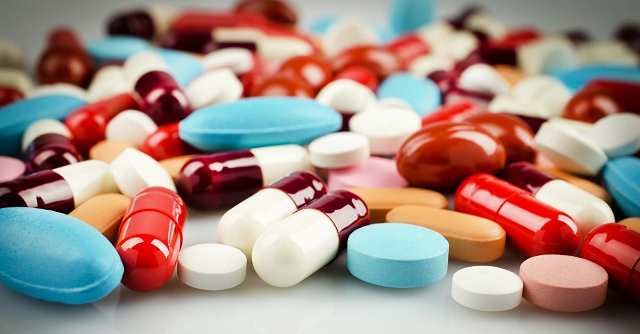An executive order to lower the rising cost of medications in Nigeria will be signed by President Bola Tinubu. At the Ministerial Press Briefing Series with the Minister of Information and National Orientation, Mr. Mohammed Idris, in Abuja on Wednesday, the Coordinating Minister of Health and Social Welfare, Prof. Muhammad Pate, revealed this information.
According to Pate, Tinubu is anticipated to sign the executive order, which will “significantly reduce the cost of drugs and pharmaceutical products in the country.” “We are acting decisively to address the pressing concern of the rising cost of pharmaceuticals.”
“An executive order will soon be issued to curb escalating drug prices in the short term, while our mid- to long-term goal involves the domestication of imported drugs within the next three years, in collaboration with the Ministry of Trade,” the minister stated.
He added that aside from the executive order, the Federal Government was moving to fortify the pharmaceutical infrastructure across the country, through the construction of pharmaceutical-grade warehouses in 21 states.
The project, which commenced in October 2023, is slated for completion in March 2024, and to be inaugurated in April 2024. The health minister also disclosed that his ministry had secured a $1bn pledge from the African Export-Import Bank to boost medical industrialisation in the country.
“I’m pleased to announce that the ministry has secured a $1bn pledge from Afreximbank, alongside commitments from foreign partners, to support our endeavours in this regard,” he said.
Also, the Federal government had injected N50bn into the rehabilitation and expansion of the country’s Primary Health Care centres. He said the fund, which was warehoused in the Basic Health Care Provision Fund, would be used to expand PHCs nationwide.
On the migration of Nigerian health workers to other countries, Pate said that the mass exodus of Nigerian medical personnel to foreign countries should not be seen in a negative light only.
He explained that the high demand for Nigerian medical personnel abroad was a testament to their global competitiveness, stemming from their quality training.
Despite that, he stated that the government was dedicated to retaining its healthcare workforce, stating, “Our commitment to enhancing tertiary healthcare services remains steadfast.
“12 tertiary hospitals/centres have been earmarked for infrastructure development, including the establishment of oncology centres, radiology centres, and diagnostics facilities.
These investments will enhance our capacity to provide specialised care and meet the evolving healthcare needs of our people.”
He added that they would be increasing the admission slots into medical schools.
“In collaboration with the Medical and Dental Council of Nigeria, we have taken proactive steps to address the shortage of healthcare professionals. By increasing the number of medical students admitted to medical schools, we are boosting the healthcare workforce and laying the groundwork for a healthier future,” he concluded.













